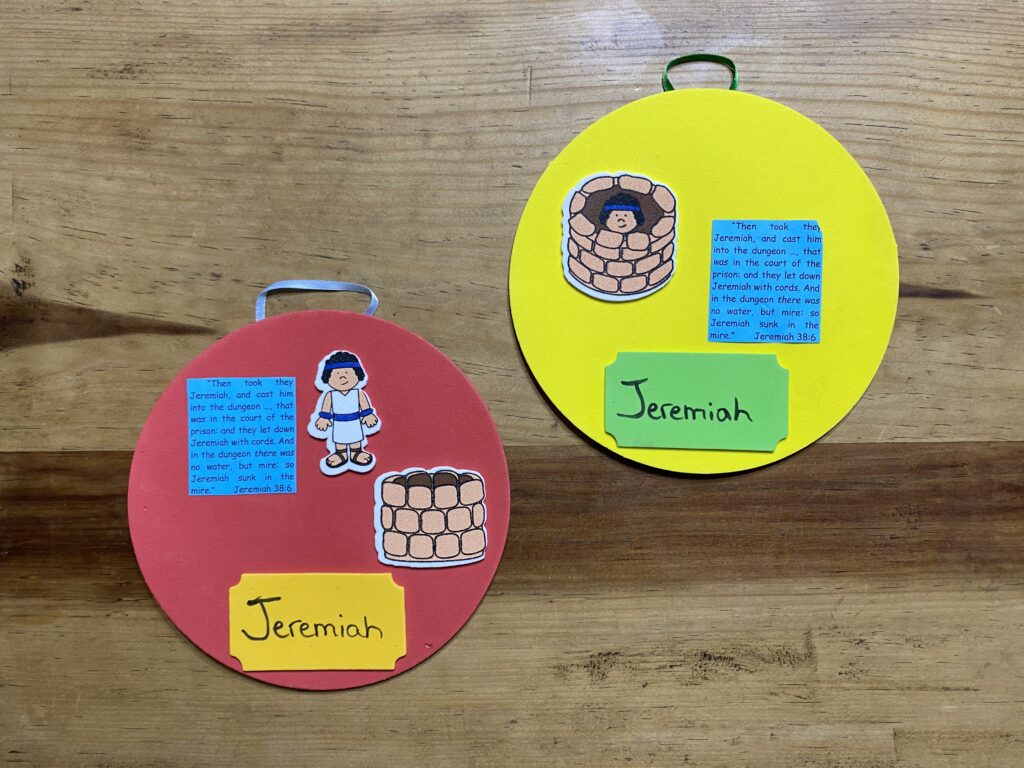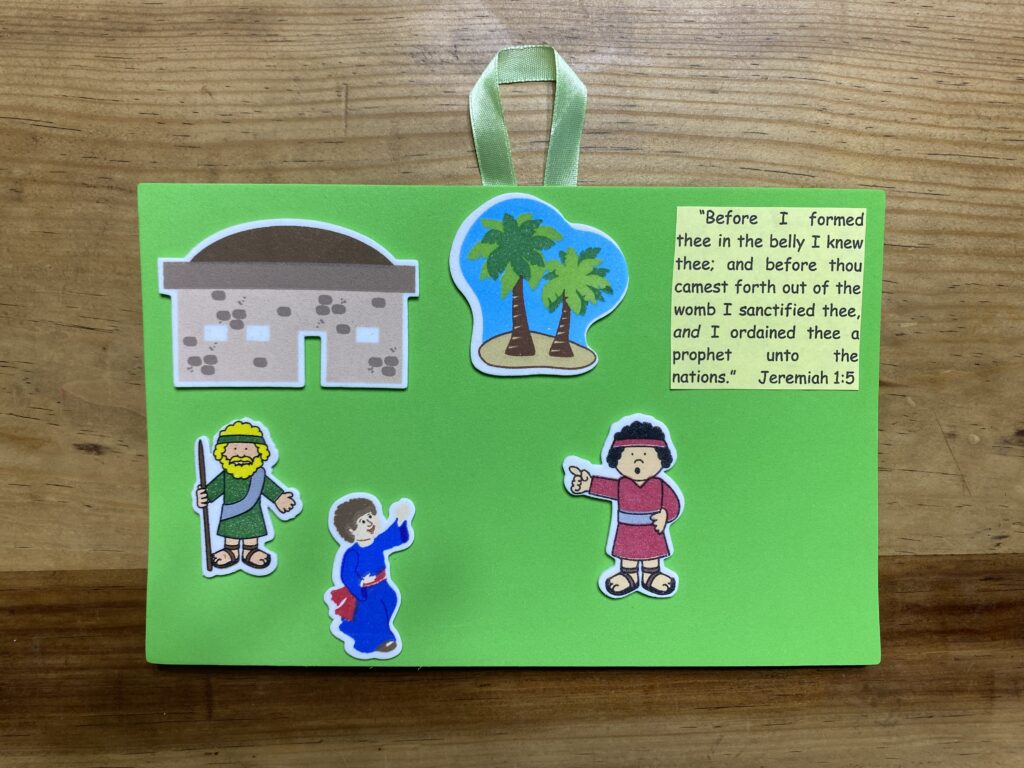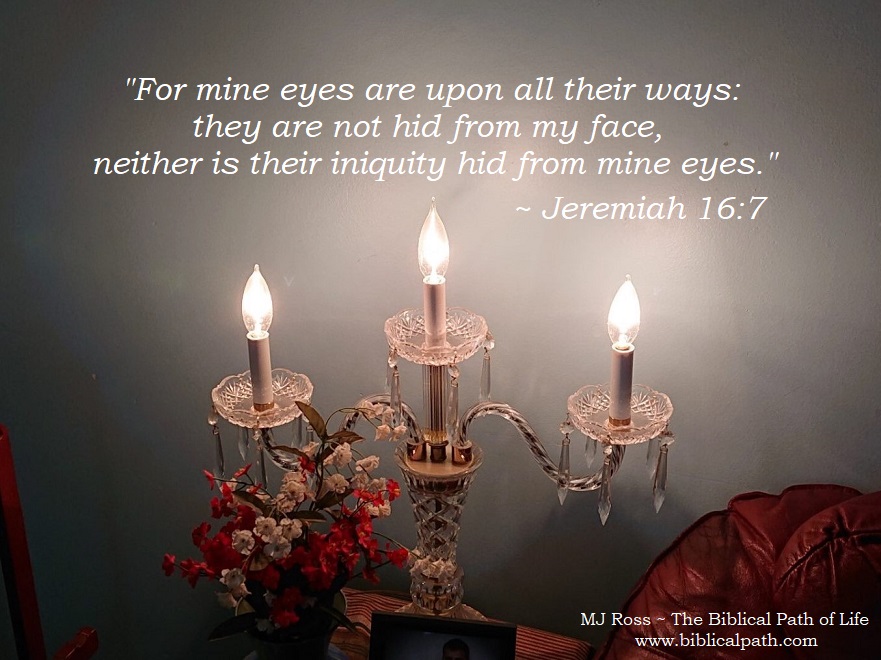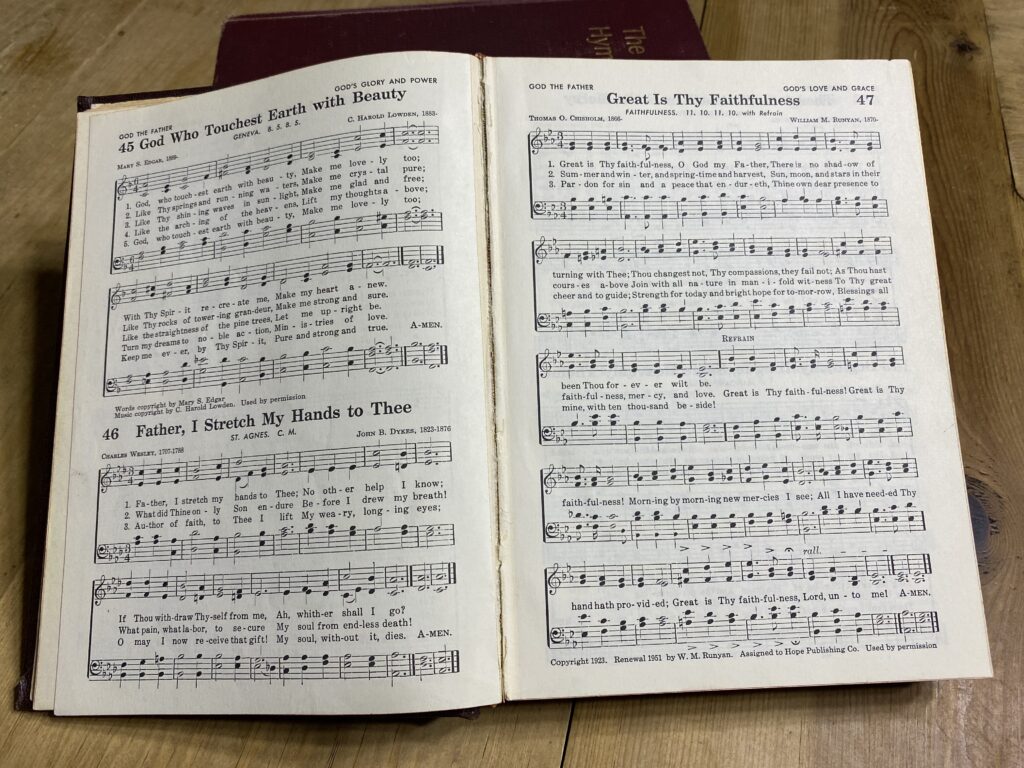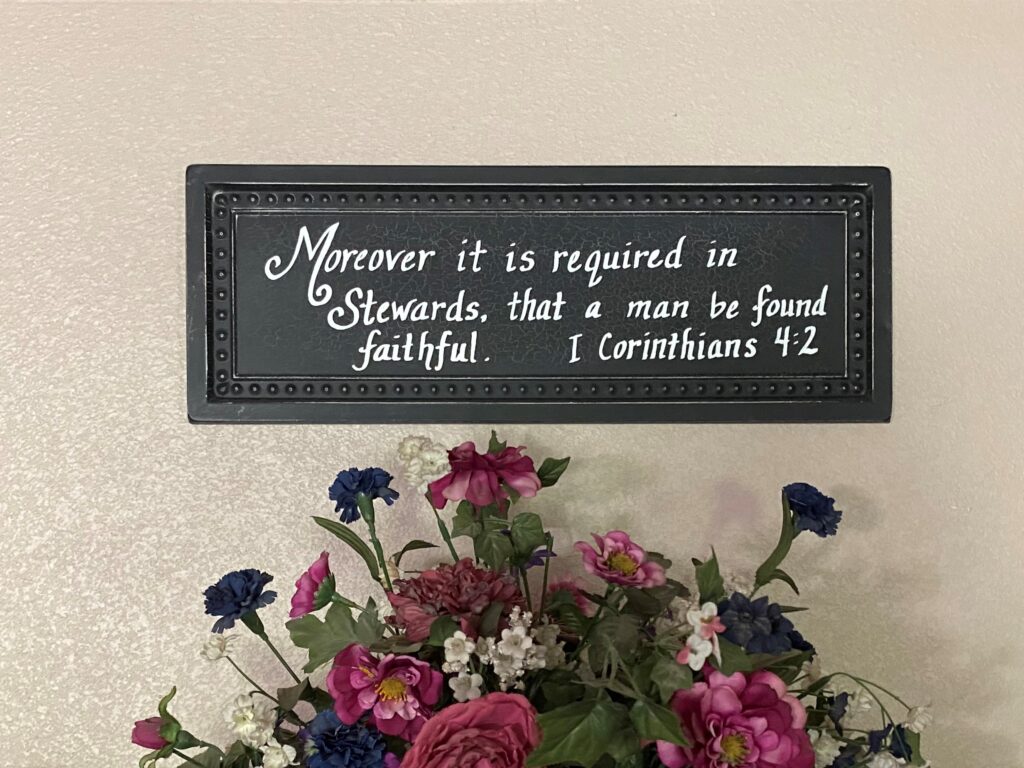
John 14:15
Why is it so important to study the books of History and the Prophets in the Old Testament, along with the New Testament? “For whatsoever things were written aforetime were written for our learning, that we through patience and comfort of the scriptures might have hope” (Romans 15:4). As we remember the history of Israel and Judah, we are to remember that God always dealt with his people. He warned of discipline for disobedience and promised restoration of His people when they repented. God is the same today. God disciplines Christians to bring them back to Him when they are not living according to the Bible’s teachings. “5. And ye have forgotten the exhortation which speaketh unto you as unto children, My son, despise not thou the chastening of the Lord, nor faint when thou art rebuked of him: 6. For whom the Lord loveth he chasteneth, and scourgeth every son whom he receiveth” (Hebrews 12:5-6). Remember, God loved us so much, He sent His only begotten Son to die upon the cross to pay for our sins. We are to show our love to Him by obeying His commands – remember Jesus’ words. “If ye love me, keep my commandments” (John 14:15).
Recognize some things we just cannot help but notice. God has always warned His people to avoid sin and people who sin. “14. Enter not into the path of the wicked, and go not in the way of evil men. 15. Avoid it, pass not by it, turn from it, and pass away. 16. For they sleep not, except they have done mischief; and their sleep is taken away, unless they cause some to fall. 17. For they eat the bread of wickedness, and drink the wine of violence. 18. But the path of the just is as the shining light, that shineth more and more unto the perfect day. 19. The way of the wicked is as darkness: they know not at what they stumble” (Proverbs 4:14-19).
God has always called people to turn from their sin toward Him. “If my people, which are called by my name, shall humble themselves, and pray, and seek my face, and turn from their wicked ways; then will I hear from heaven, and will forgive their sin, and will heal their land” (2 Chronicles 7:14). These were encouraging words for the Israelites in King Solomon’s day.
God wants people to live a just life, not a wicked life. God also warned us in the following verses. “23. Keep thy heart with all diligence; for out of it are the issues of life … 27. Turn not to the right hand nor to the left: remove thy foot from evil” (Proverbs 4:23, 27). It is important to protect each heart – for what is placed in each individual’s heart will come out. Avoid wickedness and evil.
Christians today are to recognize the destruction sin can do to a life. Remember what James teaches. “Then when lust hath conceived, it bringeth forth sin: and sin, when it is finished, bringeth forth death” (James 1:15). Lust means “to satisfy the carnal appetites.” Christians are to choose to do what is right (what pleases God) over what we want to do. When we choose our own pleasures over God’s plan, it is sin and it brings death. Also, see the following verse. “As righteousness tendeth to life: so he that pursueth evil pursueth it to his own death” (Proverbs 11:19).
Christians must also be careful that something that has the appearance of good is not just a form of godliness, denying the power of Jesus (never having known Jesus themselves). “Having a form of godliness, but denying the power thereof: from such turn away” (2 Timothy 3:5). We are to be cautious and make sure that what seems good is something that is truly from God.
There is something else important to recognize. Once one becomes a Christian and begins to follow the Lord, that person must forsake all of the things of their past life. When Jesus called his disciples, they forsook all to follow Him. “And when they had brought their ships to land, they forsook all, and followed him” (Luke 5:11). When the people in Ephesus believed in Jesus and confessed Him as their Lord. “And many that believed came, and confessed, and shewed their deeds” (Acts 19:18). Deeds means “an act, practice; works; meaning conduct.” They had to remove their “deeds” from their sinful past. “Many of them also which used curious arts brought their books together, and burned them before all men: and they counted the price of them, and found it fifty thousand pieces of silver” (Acts 19:19). Curious arts means “a standard term for magic or black arts; pointing to the lengthy and various rituals involved in incantation ceremonies and the precision with which they were performed.” The people understood that they must eliminate theses wicked things from their lives. It did not matter to them the monetary cost. They wanted to live a new life pleasing God. Once they did this, read what followed. “So mightily grew the word of God and prevailed” (Acts 19:20). Many people were saved, and God’s Word was spread.
Are you avoiding evil and eliminating wicked things from your life, choosing to obey Jesus’ commands?

